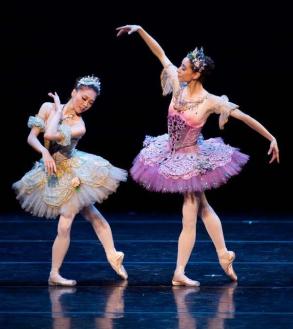A concert is essentially the public performance of music other than for religious or dramatic purposes. The present form of concerts developed from the casual music creation of the 17th century.  The music conceived for concerts is greatly affected by the social influences. Music has evolved from Mozart to Beethoven and has been patronised by many. At the same time, the cosmopolitan aspect of music in the early part of the 21st century is associated with the more international outlook of audiences.
The music conceived for concerts is greatly affected by the social influences. Music has evolved from Mozart to Beethoven and has been patronised by many. At the same time, the cosmopolitan aspect of music in the early part of the 21st century is associated with the more international outlook of audiences.
Earlier concerts were mainly associated with activities in universities. Many German universities maintained a Collegium Musicum for performing chamber music in the 17th and 18th century. Music meetings were also regularly held at Oxford and Cambridge universities. Amateurs usually gathered to hear music in the Italian educational academies during the Renaissance period. Notable among these are the gatherings which were held in Bologna and Milan in the 15th century. The French Academies succeeded them and they nurtured music as one of the humanities. The opera originated from these Italian and French music concerts.
The first music concert for which admission had a fee was performed by the violinist from London John Banister in his home in 1672. Then in the year 1678 A charcoal seller Thomas Britton established weekly concerts in a loft in Clerkenwell. Since there early times concerts have come a long way and are now patronized by the lovers of music. Read more at pelleas.ca

